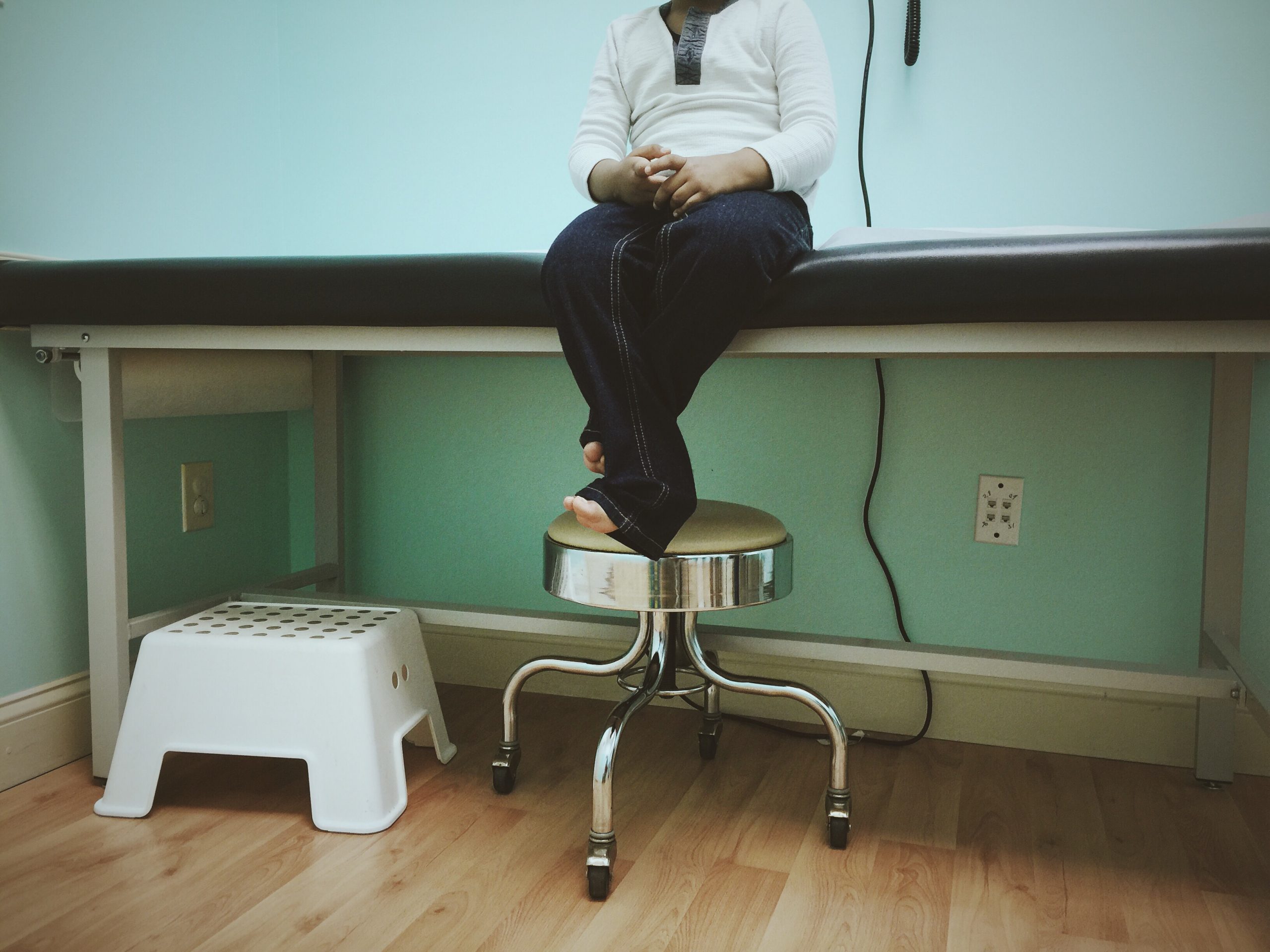It can be tricky to know what to do when you’re feeling under the weather. There are multiple bacterial infections or viruses that you can contract, and each one is likely to need a slightly different course of treatment.
Here are some of the important things to do when you’re experiencing symptoms of an illness.
#1 Note Your Symptoms
The first thing you should do if it appears that you have an illness is to monitor your symptoms. To determine what’s happening, a doctor will ask you about what’s wrong when you first had the symptoms and whether they have changed over time.
#2 Visit Your Health Care Professional

Many people don’t visit the doctor enough. Instead, they wait to see if the symptoms go away on their own before calling the medical clinic. Unfortunately, this can be dangerous. Some illnesses or health conditions need quick intervention to prevent complications or long-term damage to your health.
That’s not to say you should go to the doctor’s office every time you have a cough, sniffle, or runny nose. However, if your symptoms are persistent, are getting worse, or changing over time, it’s vital for you, and often the people around you, to get them checked out.
Visiting your health care specialist minimizes the risk of getting worse or causing long-term problems. It can also help you get better more quickly and make you feel more comfortable.
#3 Get the Needed Medicines

The first step is visiting the doctor’s office. To get a diagnosis, you may need a physical examination, blood test, or other investigations. Once you know what’s making you feel rough, uncomfortable, or in pain, your doctor may prescribe medications to treat or at least alleviate your symptoms.
Ensure you get the medicines straight away from the healthcare facility; if not, order your NHS prescriptions and pay for them as soon as you possibly can. Follow your doctor’s instructions and take the medication as prescribed. Getting the right medication for your illness is the number one priority.
#4 Get Enough Rest

Even if you’re feeling well, it is crucial to get enough rest when you’re sick. Your body needs time to heal itself, and being tired all the time can make this process more difficult.
However, enough rest means different things for each person.
Some people might need to sleep all day, while others feel better taking naps throughout the day to recharge their batteries. Whatever helps you rest and relax is appropriate during your illness.
On the other hand, while you should rest as much as possible, this is different from doing nothing at all. It’s good to stay in bed or nap on the sofa while you have a raging fever, a face full of mucus, or similar symptoms, but once you’re starting to feel a little better, it’s equally important to get some gentle exercise; for example a short walk outside or taking the time to do some stretches.
#5 Hydrate Well

Another essential thing to do when you’re sick is to make sure you stay hydrated. This might seem counter-intuitive, but being well-hydrated will keep mucus membranes moist and help alleviate some of your symptoms.
It’s also important to drink plenty of fluids to keep your immune system strong during the recovery process. It might seem like simple advice, but staying hydrated is one of the most important things to do when you have an illness.
A cold, the flu, or similar infections are all examples of illnesses that can worsen by not being well-hydrated, but how much do you need to drink?
Adults need at least eight glasses of fluids each day. Some of those fluids can come from your food, but you will have to drink most of them. If you’re running a fever, vomiting, or have diarrhea, drink more.
#6 Eat the Right Foods

Make sure to eat foods that are light and easy on the stomach. This means no greasy or fried food, even if it is your favorite. If you don’t have an appetite, try soup or broth, and if you find yourself especially hungry, stick to healthier snacks such as fresh fruit, dried fruits, or nuts.
#7 Keep in Touch with Your Doctor
If your doctor asks you to follow up with them, it’s essential to do so, even if you feel like you’re fully recovered.
Furthermore, if there are any changes in your condition, be sure to tell your doctor so they can alter medications or treatments appropriately. This will give you a smoother road to recovery and minimizes the chance of experiencing side effects or long-term symptoms.







